Cognition
Research into cognition in people with schizophrenia has found anomalies across a range of thought processes, which interfere with the individual’s ability to function. Social dysfunction has been found, involving poor emotion processing and theory of mind, there may also be a lack of insight or awareness of having a mental disorder. There may be problems with attention, executive functioning, learning, decision making and memory. Cognitive remediation and some pharmaceutical products may be effective for improving cognition in people with schizophrenia. Click on the tabs below to access all the information, or browse via the drop-down menu on the left.
Image: ©freshidea – Fotolia – stock.adobe.com

Attention
What is attention in schizophrenia? Selective attention is the ability to focus on relevant stimuli and ignore irrelevant stimuli. Sustained attention is the ability to maintain a consistent focus. Several tasks have been developed to assess attention performance. Examples include the Continuous Performance Test (CPT), which uses both visual and auditory stimuli and requires participants to respond to targets and ignore distractors. Other examples include the Trail Making Test (TMT), which requires participants to connect, in order, letters and/or numbers as quickly as possible, and the Wisconsin Card Sorting Test (WCST) that tests the ability to display flexibility during changing…

Cognition in high-risk groups
What are high-risk groups? There are two key approaches for identifying people with early signs that may suggest a high risk of developing psychosis or schizophrenia. The first approach is based on Huber’s Basic Symptoms, which focuses on a detailed way of describing phenomenological (subjective) disturbances. Because the basic symptoms refer only to subtle subjectively experienced abnormalities, they may reflect an earlier phase in the disease process than the second approach, which identifies at-risk mental states as a combination of; a family history of psychosis (familial risk) plus non-specific symptoms and recent decline in functioning; recent onset Attenuated Psychotic Symptoms…
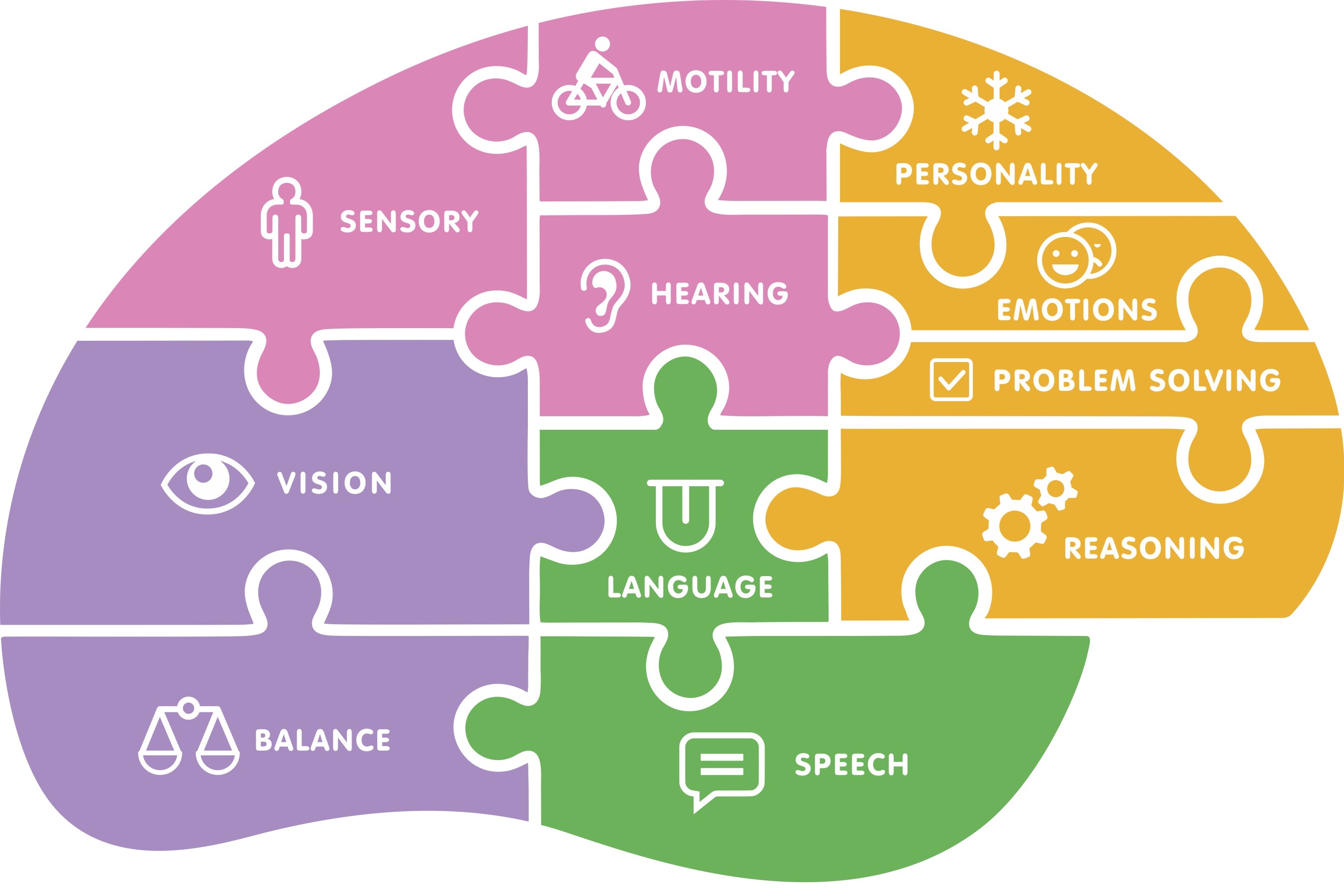
Cognition in schizophrenia and bipolar disorder
Why compare cognition in schizophrenia and bipolar disorder? Cognitive deficits are core features of both schizophrenia and bipolar disorder. Establishing differences in cognition between these disorders may be useful for identifying differences in the underlying illness pathologies, and may provide potential targets for individual treatments. What is the evidence for cognitive functioning in schizophrenia and bipolar disorder? Moderate to high quality evidence shows small to medium-sized effects of poorer global cognition, executive functioning, social cognition, processing speed, attention, reasoning and problem solving, learning, and memory in people with schizophrenia (including early onset schizophrenia) compared to bipolar disorder (including paediatric bipolar…

Cognitive functioning related to symptoms
How is cognitive functioning related to symptoms? Schizophrenia is characterised by positive, negative and disorganised symptoms. Positive symptoms refer to experiences additional to what would be considered normal experience, such as hallucinations and delusions. Negative symptoms include blunted affect, impoverished thinking, alogia, asociality, avolition, and anhedonia. Alogia is often manifested as poverty of speech, asociality involves reduced social interaction, avolition refers to poor hygiene and reduced motivation, while anhedonia is defined as an inability to experience pleasure. Disorganised symptoms involve bizarre behaviour and disorganised thought and speech. Cognitive deficits are also a core feature of schizophrenia. These deficits may be…

Decision making
What is ‘decision making’ in schizophrenia? Decision making requires the use of knowledge and experience of a context in order to choose a course of action. The ability to autonomously make decisions is referred to as their decisional capacity. Effective decision-making aims to increase the likelihood of a favourable outcome in the relevant context, selecting responses that avoid unfavourable or harmful outcomes. An experimental tool used to examine decision-making is the Iowa Gambling Task. On each trial, participants choose a card from one of four decks and receive a monetary gain or loss. Two decks (A, B) are disadvantageous and…

Defeatist performance beliefs
What are defeatist performance beliefs in schizophrenia? Defeatist performance beliefs are over-generalised negative thoughts about one’s ability to successfully perform goal-directed behaviour. This prevents the initiation of and engagement in social and employment opportunities and therefore is considered a possible contributing factor to negative symptoms and poor functional outcomes. Neurocognitive deficits in memory and attention for example may contribute to unsuccessful goal attainment, which over time can give rise to dysfunctional attitudes, including defeatist performance beliefs. These dysfunctional attitudes, in turn, may lead to a decrease in motivation for future goal-related activities, which may contribute to functional outcome deficits. Reduction…

Episodic future thinking
What is episodic future thinking in schizophrenia? Episodic future thinking refers to thought processes that contribute to the mental construction, imagination or simulation of possible future events. Episodic future thinking plays a role in planning, problem-solving, coping, regulating emotional states and goal-motivated behaviour. What is the evidence for episodic future thinking? Moderate to low quality evidence suggests a large effect of poorer detail and specificity of episodic future thinking in people with schizophrenia compared to controls. March 2022 Image: ©Preechar Bowonkitwanchai – stock.adobe.com

Executive functioning
What is executive functioning in schizophrenia? Executive functions are a group of cognitive processes involving control, mental flexibility, planning, inhibition, decision-making, initiation, abstraction, self-monitoring and pursuit of goals. Any impairment in executive functioning can also reflect impairments in other cognitive functions such as processing speed, attention, and memory. Executive functioning is most commonly measured using the Wisconsin Card Sorting Task (WCST). This task requires the ability to shift cognitive sets. Other common tasks include the Trail Making Test (TMT), which requires participants to connect, in order, letters and/or numbers as quickly as possible, and the Stroop Colour Word Test (SCWT),…

Information processing
What is information processing in schizophrenia? Information processing involves a number of cognitive functions, including perception, attention, memory and decision making, as well as the speed at which these cognitive functions are executed. Any impairment in information processing can reflect impairments in these other cognitive domains. Information processing can be assessed using various tests. The Wechsler Adult Intelligence Scale (WAIS) digit symbol coding test presents participants with paired numbers and symbols and when shown several numbers, participants must write down the missing corresponding symbols as quickly as possible. The Wisconsin Card Sorting Task (WCST) requires an ability to shift cognitive…

Insight
What is insight in schizophrenia? Insight with regards to schizophrenia is defined as the awareness of having the disorder, including an understanding of the social consequences associated with the disorder; the need for treatment; effects of medication; awareness of the implications; and awareness of the signs and symptoms of the disorder. Clinical insight involves the awareness of the disorder and symptoms, while cognitive insight relates to the ability to question and consider one’s beliefs and judgements. What is the evidence for insight? Moderate quality evidence found more severe symptoms are related to lower levels of insight into the disorder and…

IQ and global cognition
What is IQ and global cognition in schizophrenia? Intelligence quotient (IQ) is derived from standardised tests used to measure general cognitive functioning. IQ is most commonly measured using the Wechsler Adult Intelligence Scale (WAIS). The WAIS is designed to measure all aspects of cognitive functioning, and is divided into subtests measuring verbal IQ (verbal comprehension and working memory) and non-verbal IQ (perceptual organisation and processing speed). Other tests used to assess IQ include the Mini-Mental State Examination (MMSE), which assesses cognitive impairment; the National Adult Reading Test (NART), which assesses premorbid intelligence; the Wide Range Achievement Test (WRAT), which assesses…

Language
How are language deficits relevant to people with schizophrenia? Language may be altered in people with schizophrenia and may present in the form of disorganised speech. Tasks designed to assess language ability include; letter fluency tasks that assess the ability to generate words starting with a particular letter; and category fluency tasks that assess the ability to name words within a specified category. Working memory is needed for both letter and category fluency as participants must organise and retrieve relevant information. Other tests designed to assess language include: Boston Naming task; Wechsler Adult Intelligence Scale comprehension (WAIS), including the subtest…

Learning
What is learning in schizophrenia? Learning is the ability to acquire, or change, existing knowledge, behaviours or skills. There are two distinct forms of learning: explicit (or declarative) learning occurs during a high level of consciousness regarding specific learnt content, for example, memorising information for an exam. Implicit (or procedural) learning is less conscious and refers to learning which is gained from task performance, for example, juggling. Explicit verbal learning can be measured with the Hopkins Verbal Learning test, the California Verbal Learning test and verbal list-learning. The Brief Visuospatial memory test, the Rey design learning test, the Rey complex…

Memory
What is memory in schizophrenia? Memory involves encoding, storage and retrieval of information. Short-term memory is the ability to remember information after several seconds or minutes and long-term memory is the ability to remember information over a longer duration. Working memory involves information being temporarily held as well as manipulated. Episodic memory is long-term memory for autobiographical events. Semantic memory involves memory for general facts, prospective memory involves memory for future actions, and retrospective memory is memory for past events. What is the evidence for memory? Compared to controls, moderate to high quality evidence found medium to large effects of…
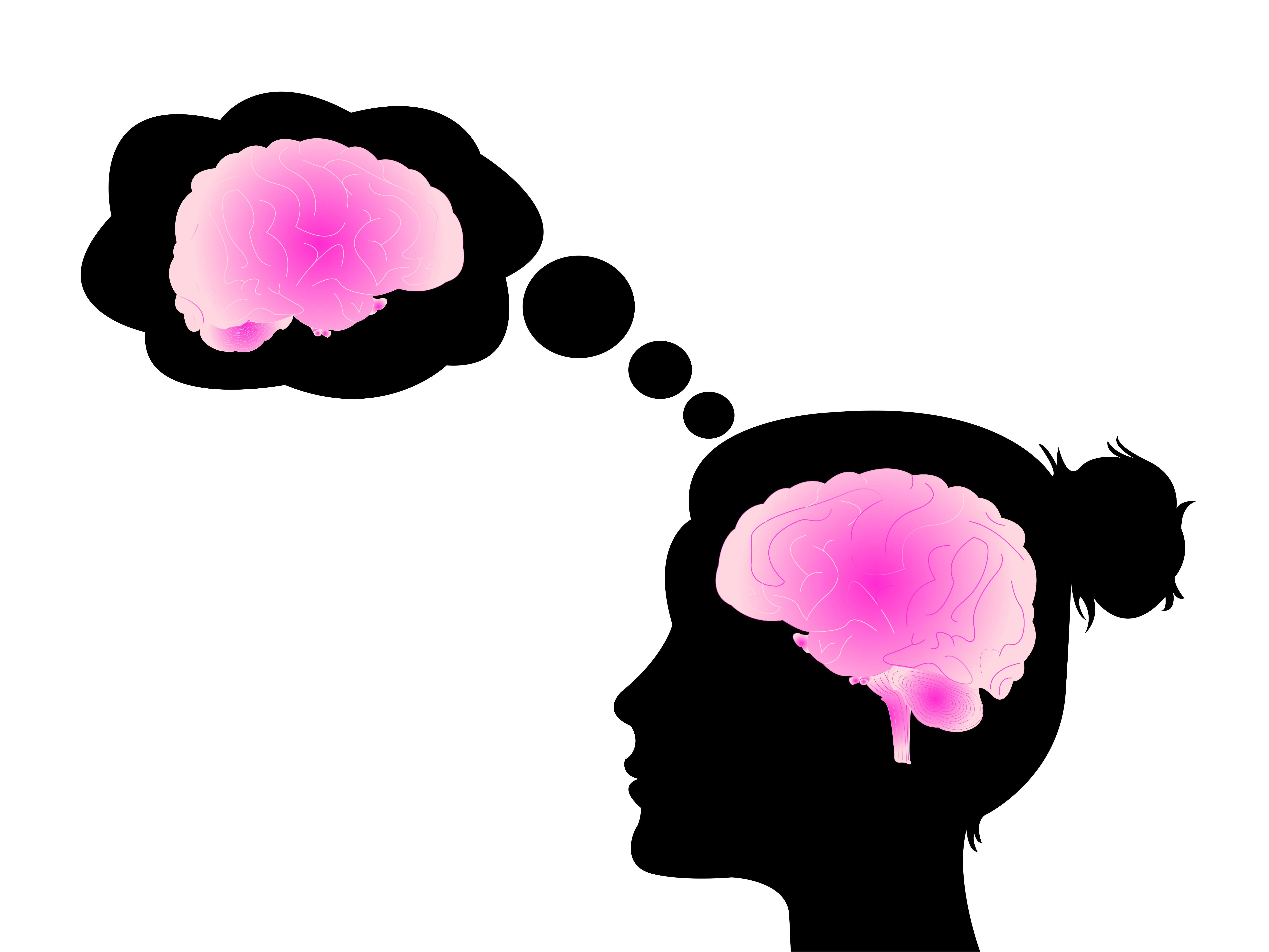
Metacognition
What is metacognition in schizophrenia? Metacognition refers to ‘thinking about thinking’ and involves active control over the cognitive processes engaged in thinking and acquiring knowledge or learning. Metacognition also involves the notion of self, ranging from self as own body to self as own identity or ‘agency’. A sense of body ownership occurs regardless of whether an action is generated by the self or others, whereas a sense of agency refers to the sense of being the one who initiates an action. Sense of agency is linked to the ability to maintain the distinction between the individual and the environment….

Psychomotor ability
What is psychomotor ability in schizophrenia? Psychomotor ability refers to a wide range of actions involving physical movement related to conscious cognitive processing. Psychomotor ability may be measured by accuracy or speed (reaction time). Examples of psychomotor tests include the Grooved Pegboard test, and the Purdue Pegboard test that measure visual-motor coordination. The Finger Tapping test requires study participants to place their dominant hand face-down and tap as quickly as possible. The task is repeated with the non-dominant hand and assesses motor speed, manual dexterity and lateralisation. The Digit Symbol Substitution test involves paired numbers and symbols. Participants are shown…

Reasoning and problem solving
What is reasoning and problem solving in schizophrenia? Reasoning refers to the ability to logically gather information to form conclusions and solve problems. People with schizophrenia may show impaired reasoning, with bias in the way they gather information, interpret events and develop beliefs. Reasoning bias is usually measured in three ways: “jumping to conclusions” (JTC) is when a decision is made after little information is gathered; belief inflexibility is an inability to change a belief even when presented with disconfirmatory or confirmatory evidence (BADE/BACE); and attribution bias is when available evidence is incorrectly used to attribute negative or positive events…
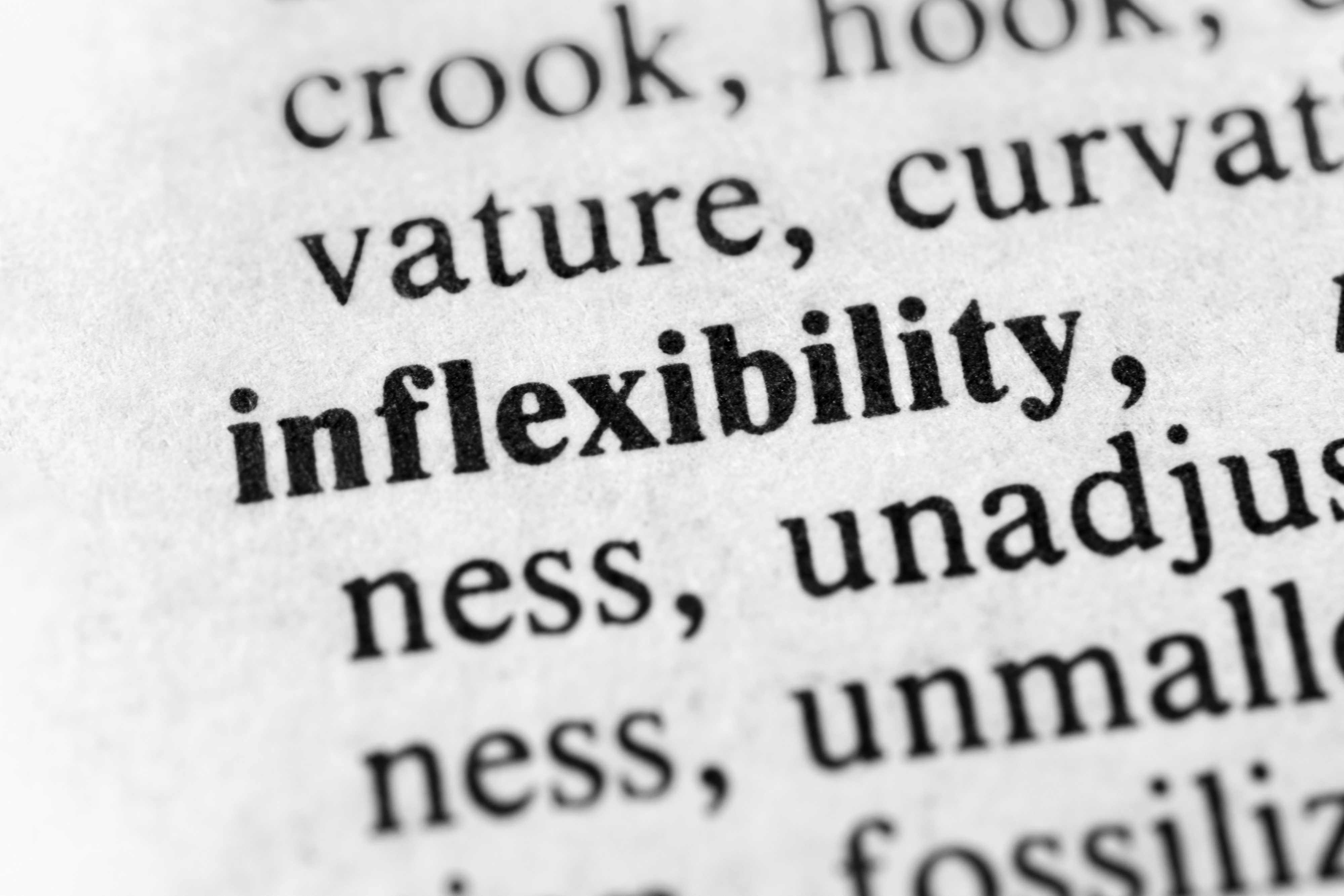
Rigidity
What is rigidity in schizophrenia? Rigidity is an inability to change mental or behavioural sets when required. This resistance to change can be behavioural, cognitive or attitudinal. Rigidity requires two processes: set formation, where sets are learned patterns formed through repetition; and set perseveration, or continuation of the learned pattern. Rigidity may display itself as an inability to change beliefs or performance, or an inability to appreciate another person’s point of view or emotions. Rigidity may be measured by assessing perseveration on the Wisconsin Card Sorting Task (WCST). Participants are asked to match cards and are given feedback as to…
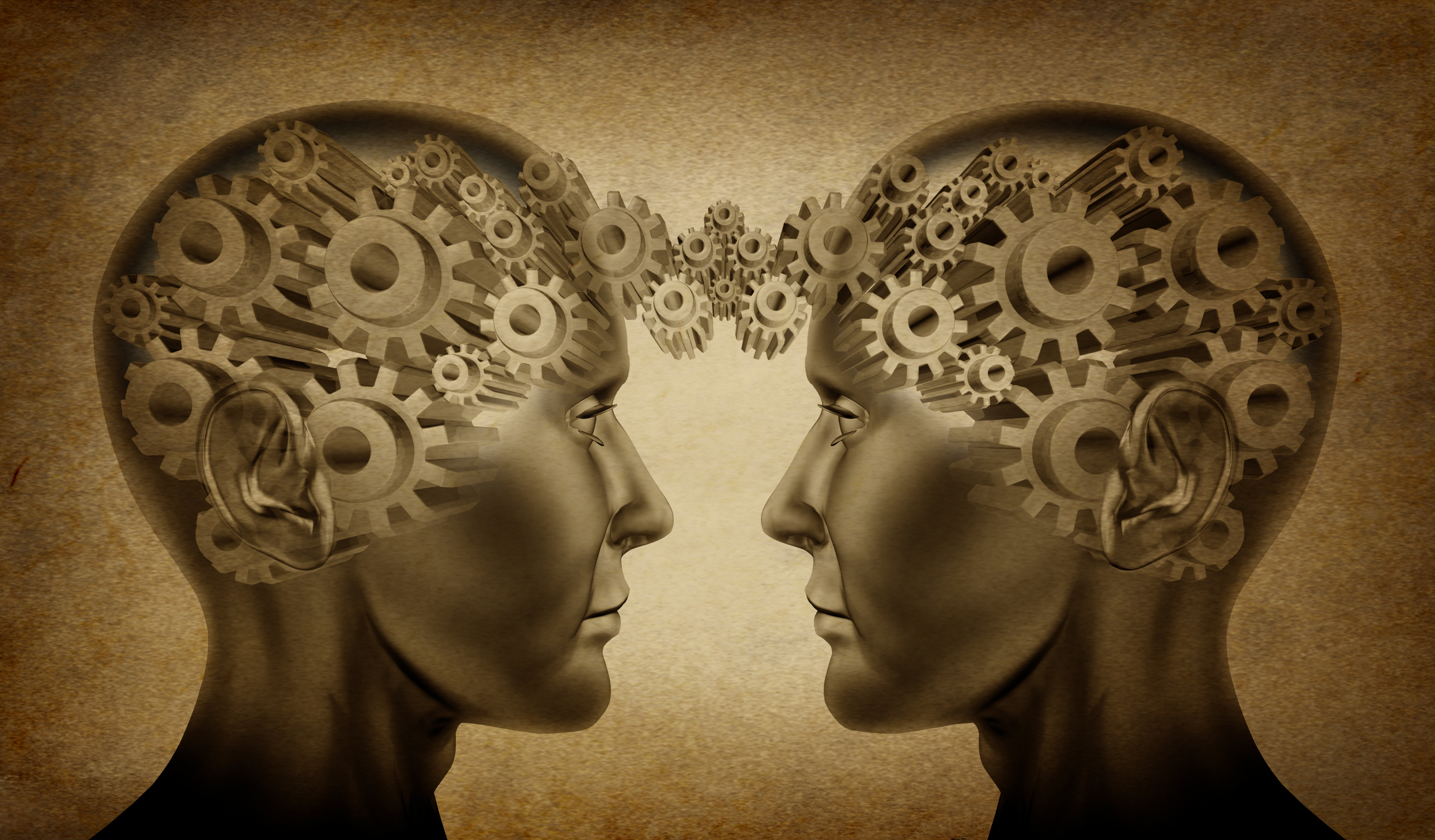
Social cognition
What is social cognition in schizophrenia? Social cognition describes the ability to understand the actions and intentions of other people. Aspects of social cognition may be altered in people with schizophrenia, including processes such as Theory of Mind, social perception, and emotion processing. Theory of Mind refers to the ability to infer the mental states of other people. Social perception is an awareness of social cues and norms that dictate social interactions. Emotion processing is the ability to perceive emotional cues. Social cognition is crucial for effective communication, and may relate to social competence and predict work functioning. What is…

Time perception
What is time perception in schizophrenia? Time perception involves the capacity to accurately process temporal information that is embedded in relevant events. The ability to perceive, remember, and organise behaviour in periods ranging from seconds to minutes mediates functions, from basic motor coordination to decision making. As time intervals make different demands on other cognitive processes, it is difficult to disentangle deficits in temporal perception from deficits in attention and memory. There are several types of time perception. Explicit timing involves a deliberate estimate of a discrete duration of time, while implicit timing is an automatic process that is engaged…
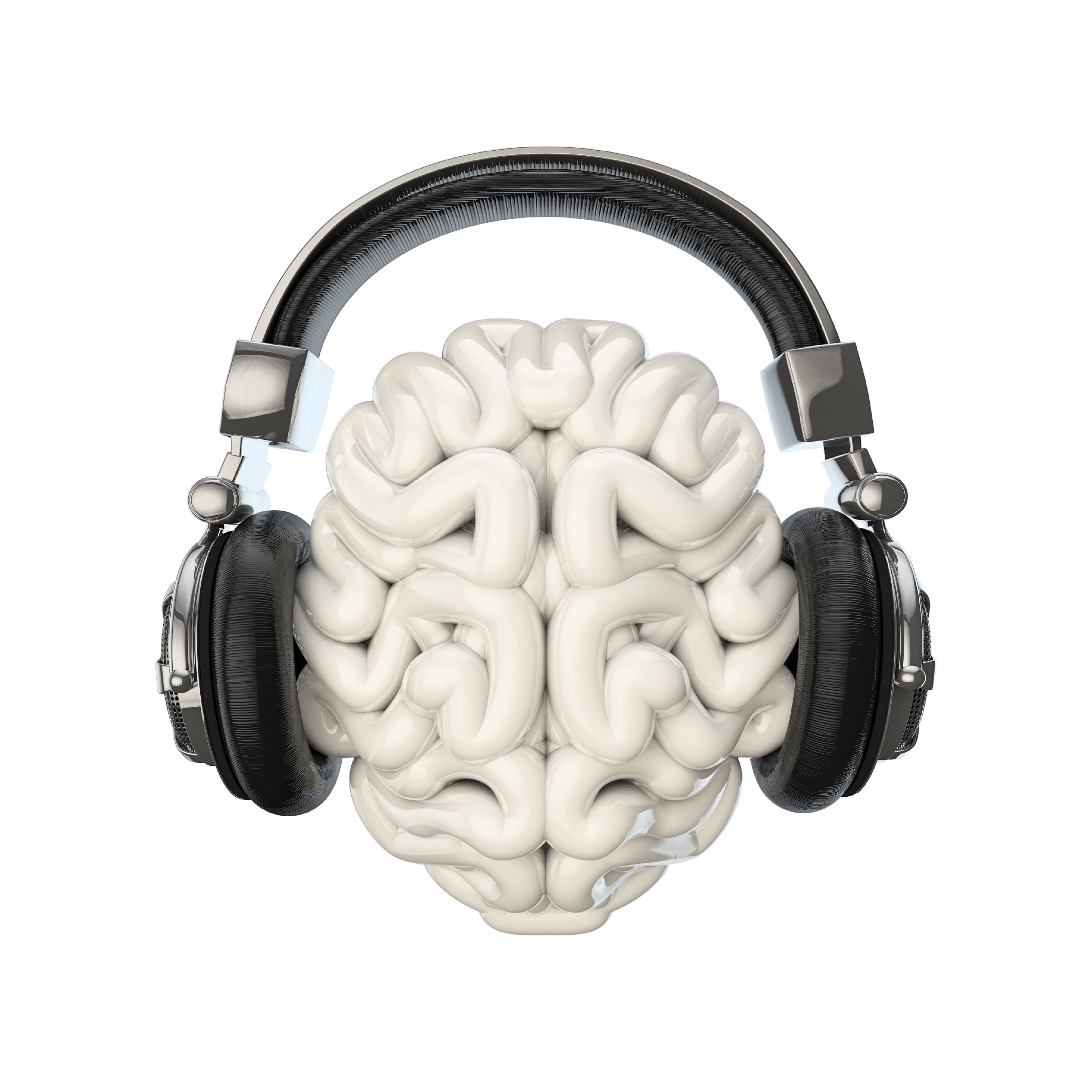
Tone perception
What is tone perception in schizophrenia? Low-level sensory functioning may be impaired in people with schizophrenia and may contribute to higher-order cognitive and social impairments. Tone perception involves pitch discrimination, which can be assessed using the tone-matching task. During this task, participants are presented pairs of non-verbal tones that are either identical or differ in frequency by several specified amounts. Participants respond by nominating ‘same’ or ‘different’ and accuracy is scored. What is the evidence for tone perception? Moderate to high quality evidence finds a large effect of poorer tone matching ability in people with schizophrenia. March 2022 Image: ©Grandeduc-…

Visuospatial ability
What is visuospatial ability in schizophrenia? Visuospatial ability refers to a person’s capacity to identify visual and spatial relationships among objects. Visuospatial ability is measured in terms of the ability to imagine objects, to make global shapes by locating small components, or to understand the differences and similarities between objects. Several tests have been designed to assess visuospatial ability. The Weschler Adult Intelligence Scale (WAIS) block-design subtest requires subjects to use small blocks to recreate a larger block pattern. The WAIS picture arrangement subtest assesses perceptual skills and involves study participants placing pictures in a logical order. The WAIS Object…
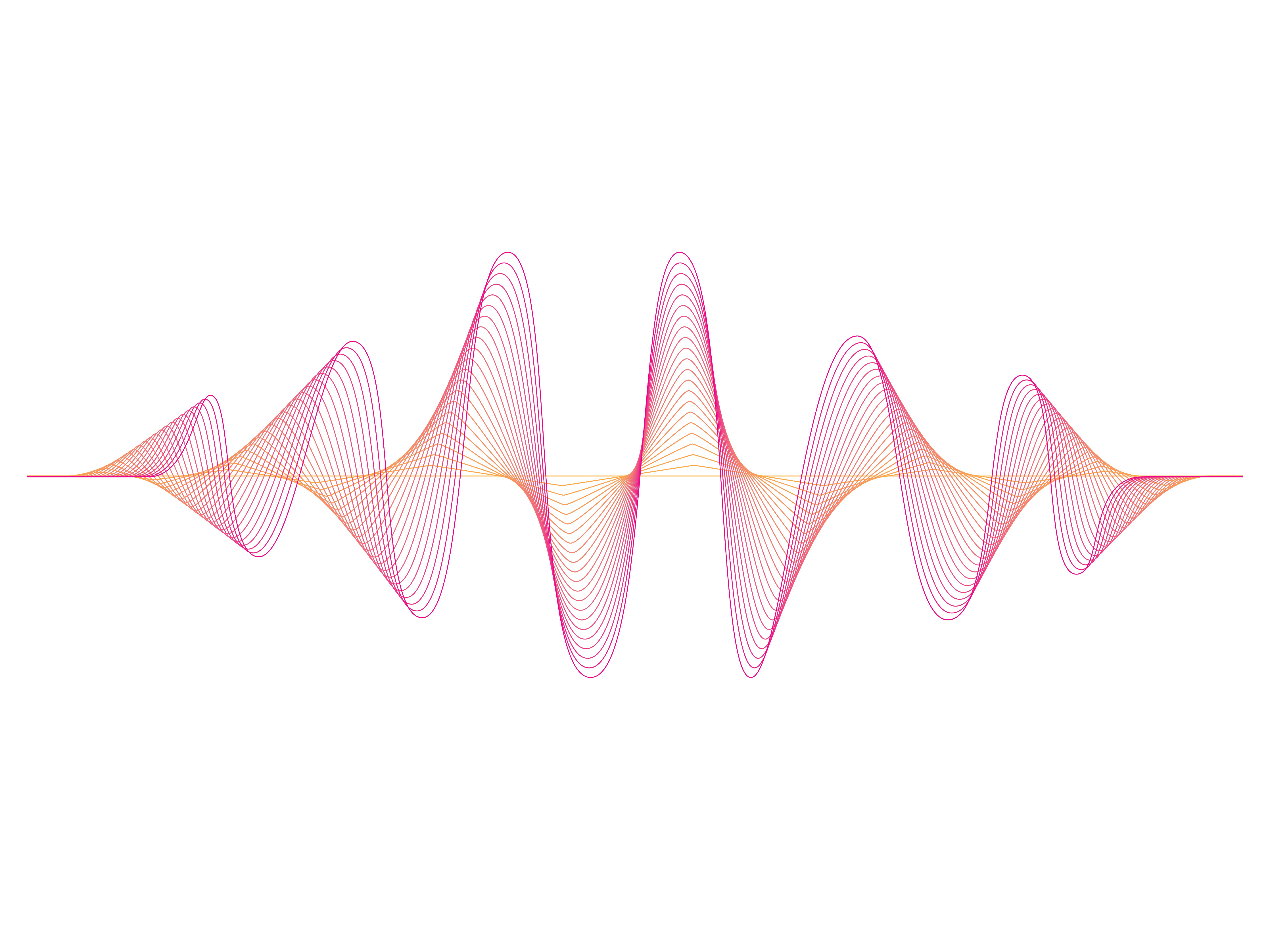
Voice patterns
How are voice patterns relevant to schizophrenia? Some people with schizophrenia display atypical voice patterns. Some atypical voice patterns have been associated with the negative symptoms of schizophrenia, including blunted affect (lack of vocal intonation) and alogia (poverty of speech). Clarifying vocal abnormalities in people with schizophrenia may help support the assessment of cognitive and clinical features related to the disorder. What is the evidence for changes in voice patterns? Moderate quality evidence found large effects of longer pauses and less spoken time in people with schizophrenia compared to people without schizophrenia. There were medium-sized effects of lower speech rate…
Green - Topic summary is available.
Orange - Topic summary is being compiled.
Red - Topic summary has no current systematic review available.